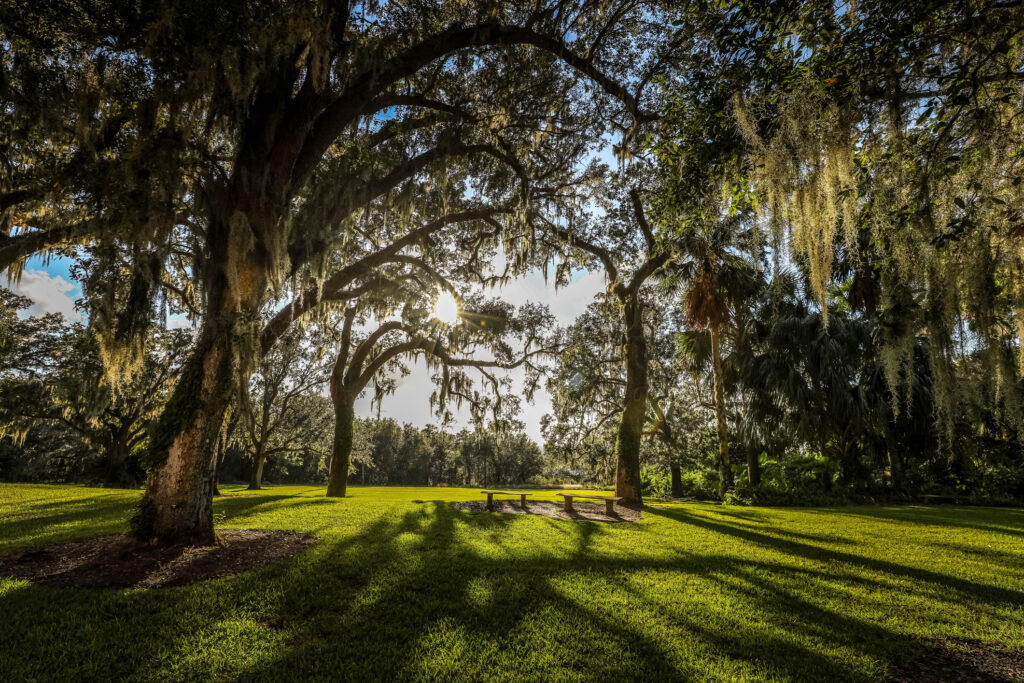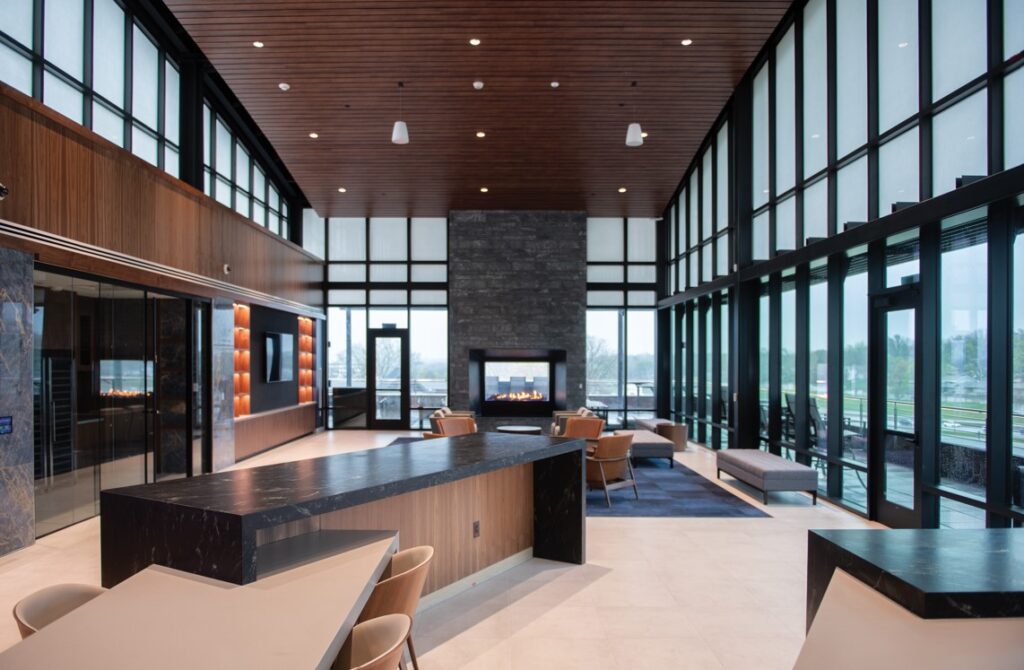NOTEBOOK: Zumbach on sales tax: This time is different

PERRY BEEMAN Dec 8, 2017 | 5:20 pm
3 min read time
776 wordsAll Latest News, Business Record Insider, Government Policy and Law, The Insider NotebookSteve Zumbach, a Des Moines lawyer and economic development leader, has watched Polk County voters blowtorch several local-option sales tax proposals he and other leaders held up as a chance to move the community ahead with something other than property taxes that were spread thin.
We stopped by Zumbach’s conference room on the 20th floor of the Financial Center to see how he is feeling about the prospects for the latest proposal, likely to be on ballots March 6.
This could be different, Zumbach said.
Why? Because, in his view, residents have learned. They’ve learned that perhaps Greater Des Moines has suffered in the nonstop battle to attract and keep businesses when it is one of two metro areas in the state without a local sales tax to take some heat off the property taxes.
When businesses see what they think are relatively high property taxes, they might look elsewhere. But should the sales tax pass, some of the money would go to offset what otherwise would have been more increases in property taxes, perhaps with service cuts that could leave neighborhoods in worse shape.
Zumbach sees the overwhelming support a local sales tax got in tax-averse Dallas County, and he figures Polk County residents will wonder why it isn’t a good idea in their county. (As an example, it took Dallas County voters four tries to pass a bond referendum for a new jail.)
“What has happened is most of the rest of the state has adopted the tax. We’re now down to two counties that haven’t done it. We’ve learned a lot as a state. We’ve learned that, and we better understand, just how high our property taxes are, to a point that it makes us uncompetitive. Whenever you have huge disparity and are out of line with an asset like real property that’s used in business, that can be an impediment to economic development. We get that.
“It is generally better if your taxes are consistent with other states or you will (not be selected) for a particular economic development.
“It’s not only businesses thinking about coming here. We have to grow our companies. Do we build a new warehouse or a new plant or a new building here? Maybe there are other advantages to being in another state and this is the one that just tips it over the top.”
It’s gotten worse, Zumbach said.
Zumbach notes it won’t be he, or Jay Byers, or Gene Meyer, or Suku Radia, or Tom Hadden, Scott Sanders or Angela Connolly who decides whether this tax gets approved, and local governments suddenly gain tens of millions of dollars in annual revenue.
“As an overarching matter, this is something the people have to decide,” he said. “Taxes are a very personal and sensitive issue. So we need informed voters.”
Would Zumbach support a sales tax that combines — in Des Moines’ case, at least — property tax relief with work on neighborhoods, police and fire protection, and streets? Yes.
So how would he sell it to an undecided voter?
“This community provides public amenities that a substantial part of our state of Iowa enjoys,” Zumbach said. But 40 percent of the land in Des Moines is tax-exempt, largely due to the massive government, school, church and hospital operations.
“If you are looking at a fundamental fairness piece, the sales tax equalizes that,” Zumbach said. He hopes that message gets across in the three months before a vote. (That’s assuming the Polk County Board of Supervisors calls one. The board is expected to call one next week.)
“It’s another factor amongst many that should be considered,” Zumbach said of the fact that many outsiders use facilities in Des Moines and the rest of Polk County, without paying property taxes to support the services.
“People don’t stop at the county line and say, ‘I’m not going to go to the Civic Center.’
“If you were a pure cost accountant, there is a benefit that is realized by others that is not paid for” except by the residents of Polk County.
Does this round of debate on the issue seem a little rushed?
“I think we have a better understanding than we had in prior years,” Zumbach said. “Taxpayers are better informed about the reasons for doing it and how this community benefits from it.
“A lot of people are concerned about their property taxes.”
Local governments can’t expect the state to bail them out — it has its own budget issues. Lawmakers have given local governments only a few tools to help hold down property taxes. The local sales tax is one of the more powerful, Zumbach said.








